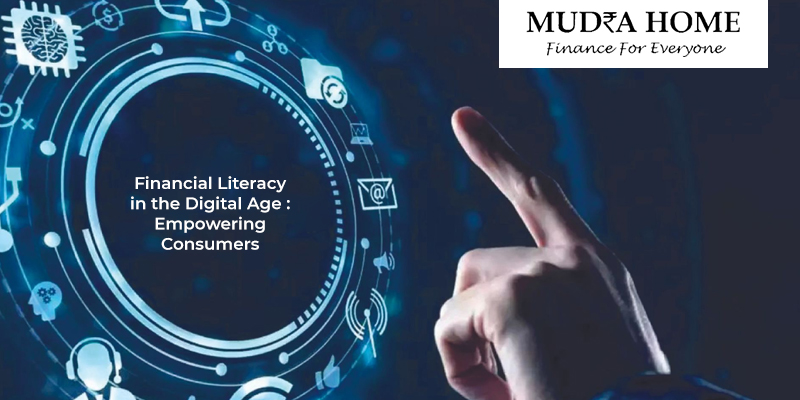
In an era dominated by digital transactions and rapidly evolving financial landscapes, the importance of financial literacy has never been more pronounced. Empowering consumers with the knowledge and skills to navigate the complexities of modern finance is not just beneficial; it’s imperative. The digital age presents both opportunities and challenges, making financial education a critical tool for individuals to make informed decisions about their money.
One of the most significant shifts brought about by the digital age is the accessibility of financial services. With just a few clicks or taps on a smartphone, individuals can transfer funds, pay bills, invest in stocks, and apply for loans. While this convenience has undoubtedly improved financial inclusion, it has also underscored the need for consumers to understand the risks and implications of their financial decisions.
Financial literacy in the digital age encompasses a wide range of topics, including budgeting, saving, investing, borrowing, and protecting against fraud. Moreover, it involves understanding the various financial products and services available online, such as digital wallets, robo-advisors, and peer-to-peer lending platforms. Without a basic understanding of these concepts and tools, consumers may fall prey to scams, incur unnecessary fees, or make uninformed investment decisions.
One of the key benefits of financial literacy is empowerment. When individuals possess the knowledge and skills to manage their finances effectively, they gain a sense of control over their economic well-being. This empowerment translates into better decision-making, reduced financial stress, and improved overall quality of life. In the digital age, where financial transactions occur at a rapid pace and information is readily available, being financially literate is akin to having a superpower.
Furthermore, financial literacy is essential for long-term financial security and wealth-building. Whether it’s planning for retirement, saving for a home, or funding a child’s education, individuals need to make informed decisions about their financial goals and how to achieve them. This requires understanding concepts like compound interest, diversification, and risk management, which are fundamental to building and preserving wealth over time.
The digital age has also ushered in new opportunities for learning and skill development. Online resources, such as educational websites, mobile apps, and social media platforms, offer a wealth of information on personal finance topics. From budgeting tools to investment tutorials, individuals have access to a plethora of resources to enhance their financial literacy at their own pace and convenience.
However, despite the abundance of resources available, financial literacy remains a significant challenge for many. According to surveys, a large proportion of adults lack basic financial knowledge, which can have profound consequences for their financial well-being. Moreover, certain demographic groups, such as low-income individuals, minorities, and young adults, are disproportionately affected by financial illiteracy.
To address these challenges, there is a growing call for increased financial education initiatives at the national, institutional, and community levels. Governments, schools, employers, and non-profit organizations play a crucial role in promoting financial literacy through curriculum development, workplace programs, community workshops, and public awareness campaigns.
In conclusion, financial literacy is a vital skill that empowers individuals to make informed decisions about their money, especially in the digital age. By understanding the intricacies of personal finance and leveraging digital tools and resources, consumers can take control of their financial futures and work towards achieving their goals. However, achieving widespread financial literacy requires concerted efforts from stakeholders across society to ensure that everyone has the knowledge and skills needed to thrive in today’s financial landscape.